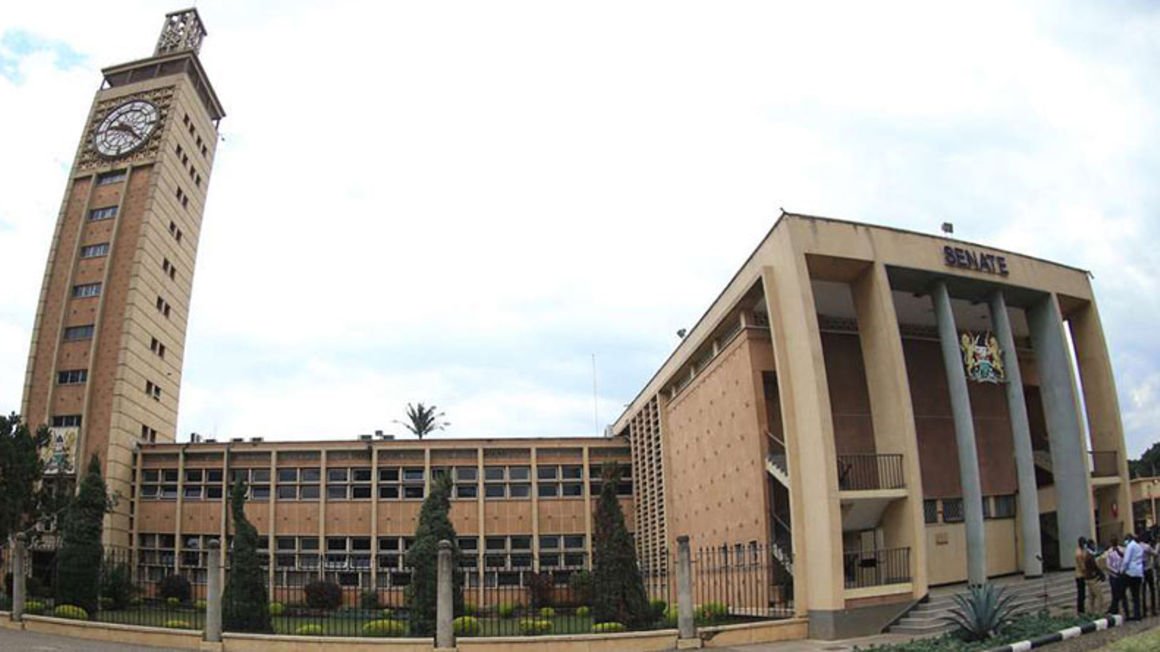Parliament buildings in Nairobi. FILE PHOTO | NMG Consumers have won relief after Parliament rejected a proposal to raise the minimum volume of alcohol in a bottle to 750 millilitres, a change that could have substantially increased the prices of the beverage.
The Alcoholic Drinks & Control (Amendment) Bill, 2020 fronted by Wundanyi MP Danson Mwakuwona had sought to amend the 2010 law by limiting the packaging of alcoholic products in containers of a minimum of 750 millilitres from the current 250 millilitres, to curb consumption and abuse among the youth and low-income earners.
The legislator had argued that the sale of alcoholic drinks in low quantity packages made it easily affordable and accessible to the youth.
The National Assembly’s Administration and National Security Committee, however, disallowed the proposed changes saying there were sufficient existing laws to guard against alcohol consumption among the youth, hence it was needless to make changes in packaging requirements.
“The proposed measures in the Bill will impact negatively on the alcoholic beverage industry consequently leading to job losses and reducing the amount of tax remitted to the government,” the committee says.
If passed, the new law would have led to an increase in the average cost of beer from the current Sh190 to at least Sh285 a bottle as manufacturers pass the increased cost to consumers.
The lowest quantities of beer brands such as Tusker Lite and Tuborg are packaged in 350 millilitres and sell at an average of Sh190 per bottle.
Spirit brands such as Kane Extra, Bluemoon and Hunters Choice are packaged in small quantities of 250 millilitres with prices ranging between Sh190 and Sh230, making them popular among low-income earners and the youth.
An increase in beer prices would have triggered a rise in consumption of cheap and illicit liquor by low-income earners who would be locked out of their favourite drinks had Parliament adopted the proposed law.
The rejection of the new packaging requirements also brings relief to the beer manufacturers who would have been forced to purchase new bottles and install new packaging lines and reduce their staff numbers due to a fall in volumes of alcohol sold.
Beer makers including the Kenya Breweries Limited (KBL) and UDV Kenya (both owned by East African Breweries) would have, for example, lost billions of shillings in writing off the current bottles and installing new packaging lines if Parliament adopted the proposed changes.KBL petitioned lawmakers to reject the proposal, saying it would […]
